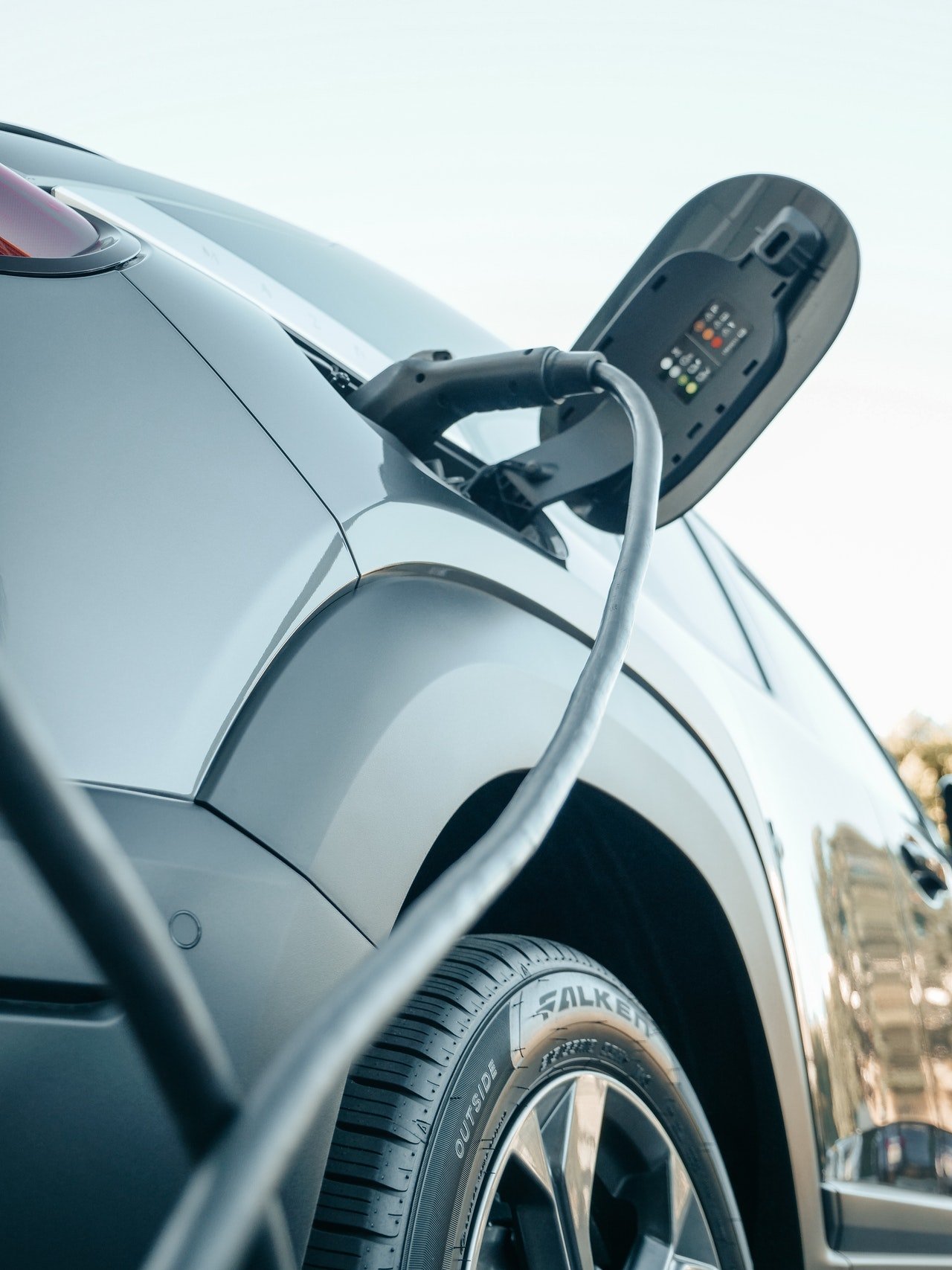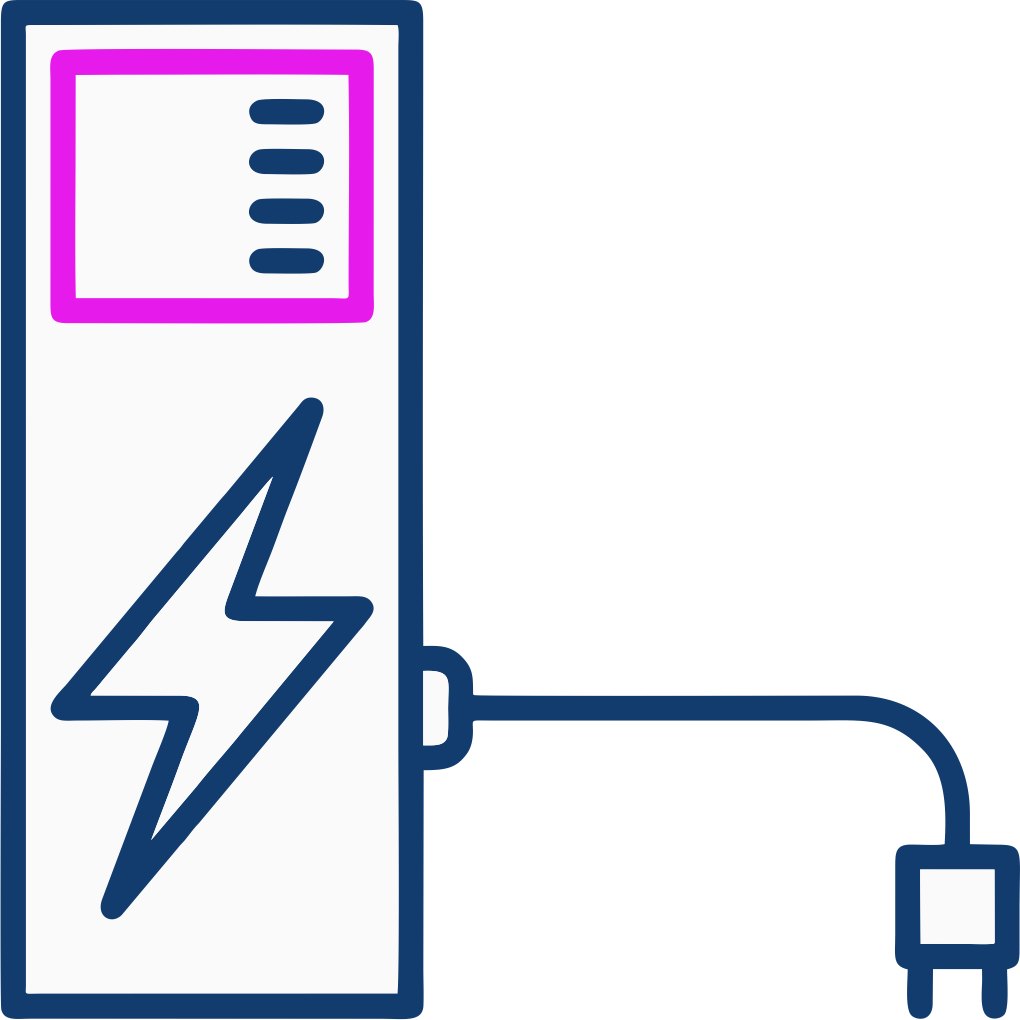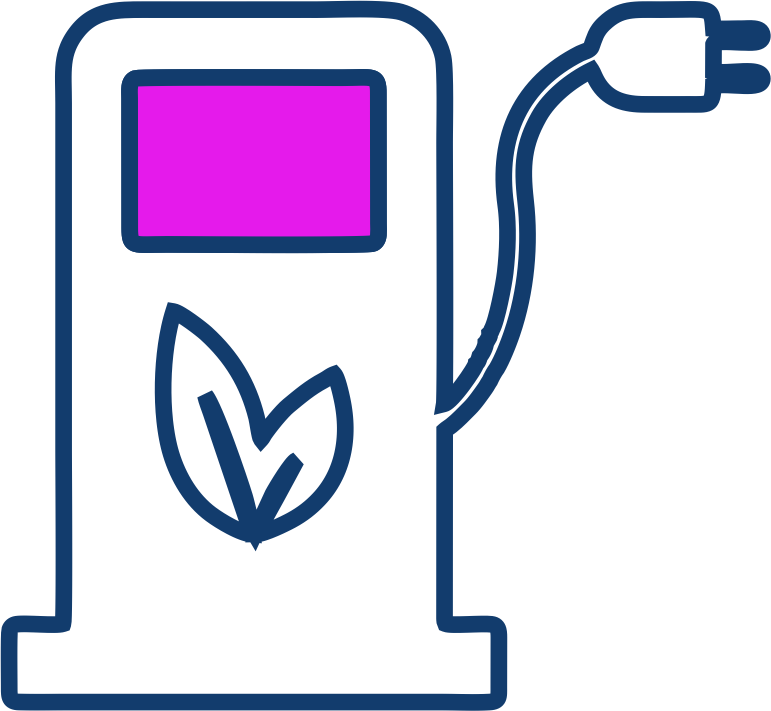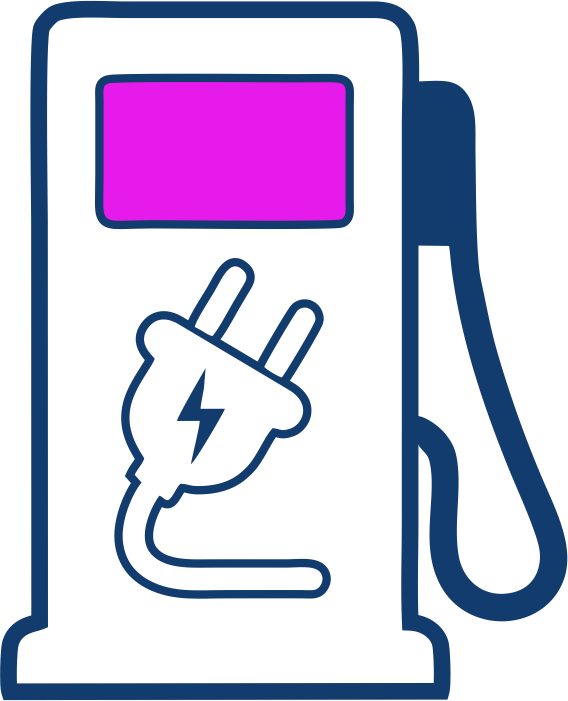No products in the cart.
Three types of charging electric cars
There are three types of charging methods for electric cars: slow, medium (AC) and fast charging (DC).
The domestic electricity grid supplies alternating current (AC), but many electrical appliances require direct current (DC) to charge. The battery of an electric car is also charged by direct current (DC), so the alternating current (AC) needs to be converted to direct current (DC) to charge the electric car.
In the case of slow or medium charging, the change from AC to DC current is done by an internal charger built into the electric vehicle. Therefore, the charging speed of an electric car depends not only on the capacity of the electrical connection, but also on the power of the car’s internal charger.
At fast charging stations, the electric car is charged from direct current (DC), which means that the AC current is converted to DC by the charger at the charging station and not by the charger in the electric car. The power of the fast charging stations can range from 24 to 350 kW, so it takes only a few ten minutes to charge the battery of an electric vehicle.





